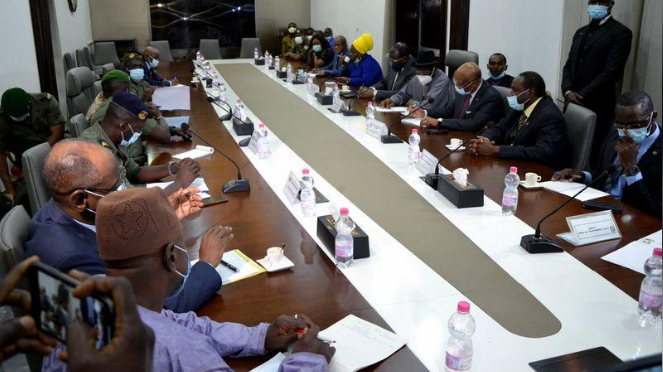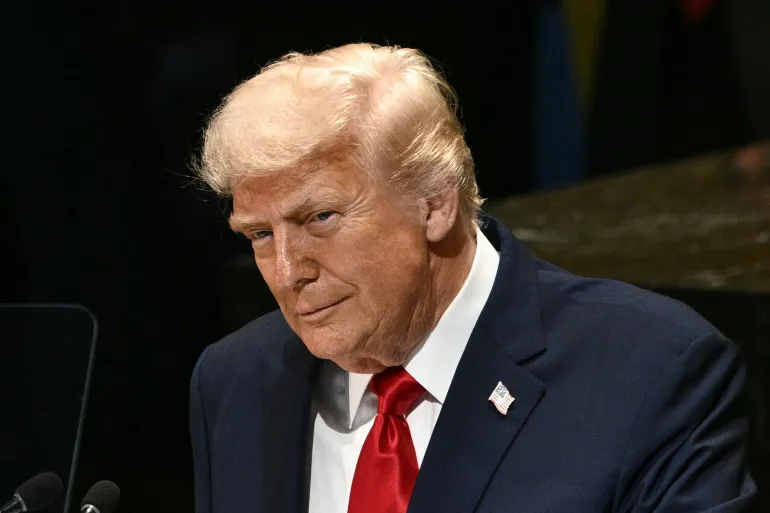Mallence Bart-Williams, the founder of Folorunsho Foundation, has said that the major reason Africa remains underdeveloped is because of poor leadership.
She made the statement while speaking as a special guest during a webinar organised yesterday, by African Economic Merit Awards (AEMA) themed, ‘Addressing the Economic Challenges of COVID-19 in Rural Communities in Africa’.
According to Bart-Williams, “history has never been made by rich people but by the most impactful. The youths need to put more effort in demanding accountability from the leaders so that more effort can be put into developing the African nations and not their pockets.
“Instead of depending on donations and funds from non-governmental organisations (NGOs), governments, traditional rulers and leaders in rural areas can actually assist and channel youths in dire states of hunger or need for food in these areas, to be extremely resourceful and productive in creating unique solutions to problems in the society with the use of minimal tools and resources in their immediate environment, thereby making a living for themselves.
“This method has been tested and proven and will definitely bring such people out of poverty without relying on foreign aid.”
The founder of AEMA, McEva Temofe, while speaking, said that the reason for the conference was to address the challenges experienced by rural communities resulting from effects of the Covid-19 Pandemic.
“Many rural communities in Africa have been adversely affected in several ways by the effects of the Covid-19 Pandemic. Problems such as hunger, lack of shelter, deforestation, pollution, economic and many more have arisen as a result of the pandemic. This is why AEMA, in partnership with Oxfam, has decided to host this conference as an avenue to discuss and proffer relevant and practical solutions to this problem.”
King Bungane III of the Royal Kingdom of Embo, South Africa, one of the guest speakers at the event, said that Africa, as a continent, has the ability and capacity to become great without relying on external support.
According to King Bungane III, “If Africans can reject the systems and cultures of colonialists and return to the drawing board, researching and rediscovering the ancient system of education and civilisation, with our abilities and capacities (resources), the continent of Africa would definitely rise, become great and independent, requiring no external support whatsoever.
“For example, Africa has enough indigenous plants and resources to prevent and cure Covid-19 and any other disease. All that’s needed is to invest enough funds into research and the result would be the production of potent vaccines that could rival any other vaccine globally.”
He also encouraged youths in Africa to look into themselves, become creative and come up with new innovations that could address any difficulty that the continent is experiencing.
The chief executive of Connected Development, Hamzat Lawal, who was also a guest speaker at the conference, said that the way Africans see themselves would determine the continent’s quality of effectiveness and development.
“How do Africans see themselves? Do we see ourselves as a dumping ground, solution or world power, which has the ability to solve the problem of its ordinary citizens?
“Before the colonial rule, Africa was really doing fine. The continent was into trading and some were even well traveled. So, we didn’t need to be colonised and we don’t need to be recolonised. African leaders need to understand that they also have a part to play in international politics.
“There is need for intergenerational equity, dialogue and justice because the older generation have knowledge that you can never find in any book written. The young people have energy and ideas and so, marrying the older intellectuals and the younger innovators together, will definitely yield phenomenal results all over Africa.
“Also, being able to unite the young minds with a credible vision about developing the African continent or nation that they can all believe in, will definitely galvanise them to give their full support, which will be a major propelling force towards our desired goals.”
The deputy country director of AEMA, Tholakele Skhosana, while contributing, said that in the area of educational development, especially in Southern Africa, rural areas are more adversely affected because their governments are focusing less of their efforts in that direction.
“For educational development to be effective in such areas, the governments have to build more infrastructure for learning, provide more resources for online education, encourage the youths to take advantage of the opportunities provided and address the issue of mismanagement of funds.
“This will emphasise the indigenous, cultural values and languages of a particular set of people, and when connected to an indigenous researcher, would ultimately improve the lives of the people concerned.”
AEMA is a non-governmental organisation that is focused on building lasting economic values for Africa and Africans. The organisation aims to make a difference in Africa as a whole by improving relationship between successful African leaders and young African entrepreneurs.






